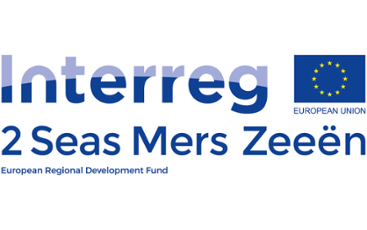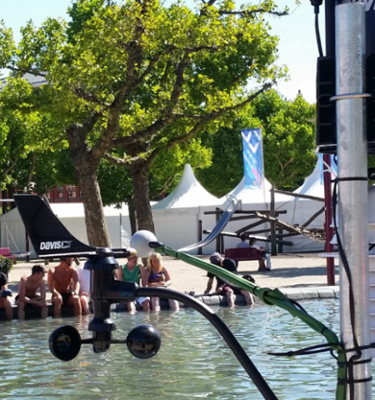Taking cool measures against urban heat (Cool Towns)
Cool Towns: European cooperation to combat heat stress in cities
ProjectHeat stress in big cities is a topic that’s high on the agenda in Europe for many years already. Heat stress is not limited to the metropolises: small and mid-sized cities are affected too. The Amsterdam University of Applied Sciences is working with 12 European partners in the project Cool Towns, which aims to help European municipalities tackle the problem of heat stress.
Cool Towns aims to counteract the negative effects of climate change and find attractive solutions that make cities climate-proof and robust so that heat stress is prevented or limited as much as possible. The project brings together leading European research/academic institutions, governmental organisations and industries from the climatology and climate change adaptation domains.
AUAS researchers are working on a heat stress tool for urban environments. This is in collaboration with partners in an international and multidisciplinary team. The tool supports municipal decision making around climate adaptation, for example in ‘greening’ cities.
Mapping heat stress
Under the leadership of the AUAS, the involved regions and municipalities are mapping the heat stress problems in their pilot areas and experimenting with ‘cool’ measures that reduce the heat in cities. The seven pilot studies are directly contributing to the development of the decision-making tool. Alongside this, training materials are being developed to make the solutions more accessible for mid-sized European cities.
Interreg 2 Seas Programme
Cool Towns has received funding from the Interreg 2 Seas Programme 2014 – 2020. The project runs from 1 September 2018 until 1 October 2022. The AUAS’ research activities are also supported by the Dutch provinces of Noord-Holland and Zeeland.
Visit the European project website, Cooltowns.eu for more information and a full partner overview.

Publications (in Dutch)
Volkskrant: Interview - Wetenschappers onderzoeken stedelijke 'hittestress'.
Trouw: Richt Corona Safe Zones in
Stadszaken: Interview - Eerste bevindingen in Europees verkoelingsproject
Rooilijn: Column
Vakblad Groen: Interview - Cool Towns helpt gemeenten bij hitteproblemen
Mooie Pleinen: Special column
Team Cool Towns

dr. ir. J. Kluck
Go to detailpage

